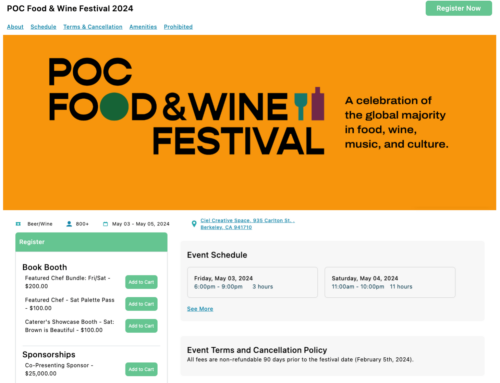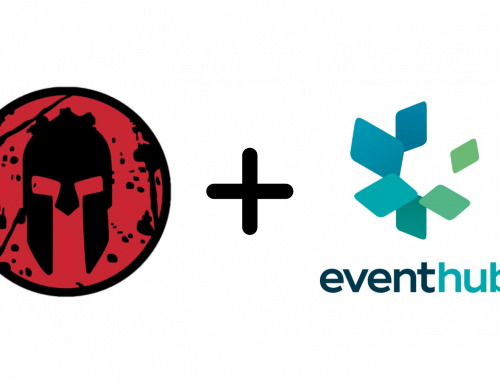We’ve all become way more tech-savvy in 2020 than we probably ever thought we’d be. But that doesn’t mean you should assume your virtual event production team, exhibitors, and attendees can rely on their working knowledge of technology to pull off a successful virtual event.
That’s why your virtual event motto should be, “Be Prepared.”
Assume that everyone involved in your event has never been involved in a virtual event before. (Chances are, they haven’t.) Your instructions should be as simple as possible. Break down the process step by step, both for your exhibitors and your attendees.
Build Sample Booths for Sales and Inspiration
Virtual event platforms like EventHub provide in-depth tutorials for building exhibitor booths, but we also recommend building some sample booths for yourself to be able to help sell booths and give your exhibitors great examples to copy from. Because they will have questions.
Now this may all sound like common sense, but time and again we see that failing to plan is planning to fail.
Practice Makes Perfect
Plan to have a dress rehearsal, or even multiple dress rehearsals. Consider making it a requirement for your exhibitors to participate. Make sure your exhibitors and entertainers come with the exact setup they’ll be using the day of the event.
You should hold your virtual event production team, exhibitors, and entertainers to the same standard as a live event. The night before your event is not the time to upgrade your webcam.
If any aspect of your programming is being prerecorded, plan for a learning curve on the part of speakers or entertainers. You may even wish to send them some specifications and recommended tech for optimized recording. Remember, simplicity is key.
Give yourself plenty of lead time to prepare for your virtual event. A well-executed virtual event has likely had about two months’ worth of pre-production. Even if you’ve been in this business for decades, plan that you’ll be doing some learning as well.
Attendee Experience
And on the attendee side, veteran events producer Robert Allen gave this example at our recent virtual events summit:
“Don’t expect that your audience is going to know what to do at a virtual event. Lead them down the path. What you think they know, they don’t.”
He expands upon this by reminding us that audiences know how to behave at an in-person event. Make sure your instructions are clear and easy-to-follow so your attendees have the intended experience. And then plan for what happens when folks don’t read the instructions.
Here, you can rely on your live events expertise. Things will go wrong so you might as well plan for them.
In Conclusion
We have all had to adapt quite suddenly to a major shift in our industry. In many ways, we’re all learning. But with the three Ps — patience, prep, and planning — you can have a successful virtual event and delight your attendees and sponsorship partners.





